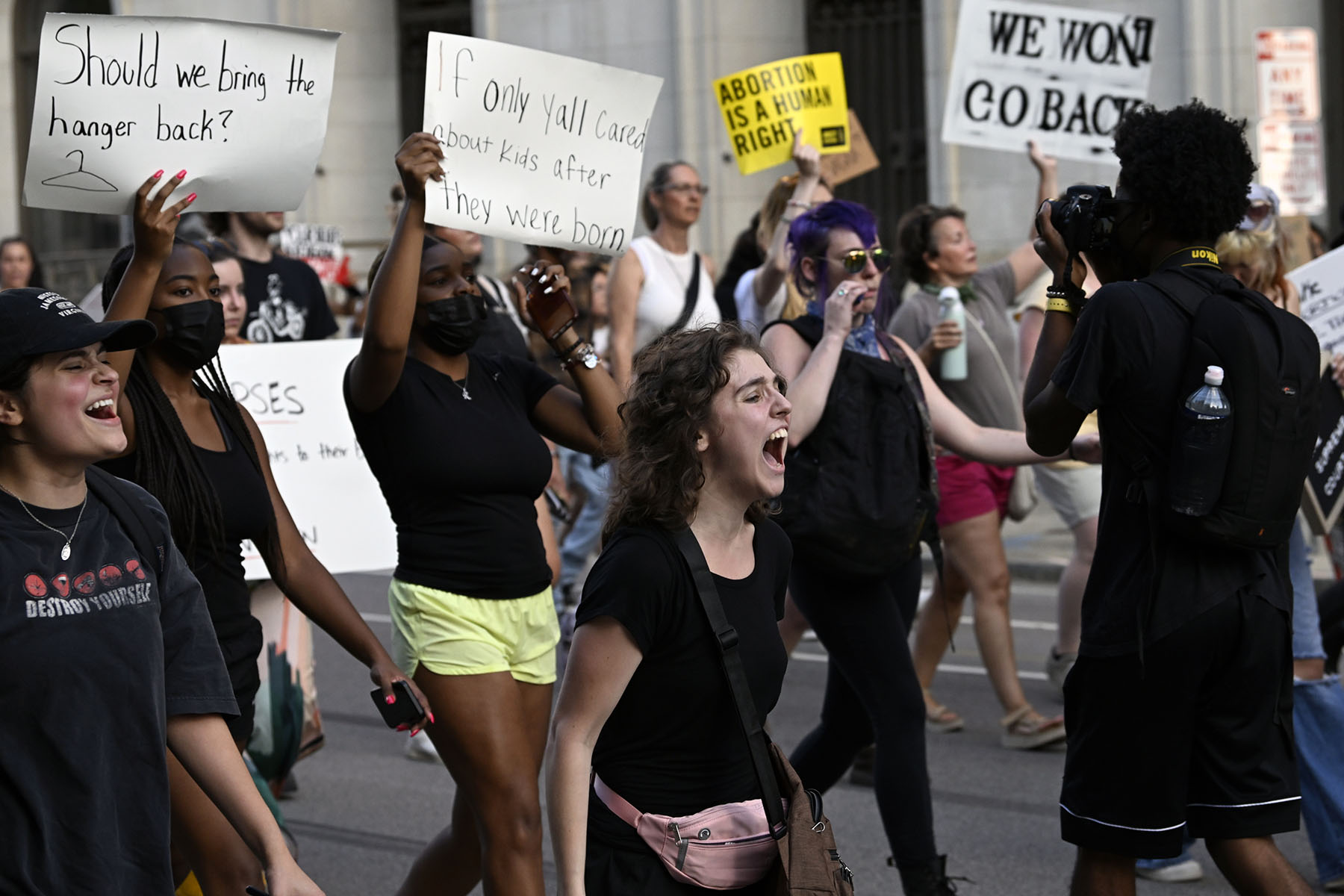Abortions performed in North Carolina, once a critical access point for abortion in the South, dropped by 31 percent this past July, after the state began enforcing its 12-week abortion ban this summer, per data from the nonpartisan Guttmacher Institute.
The data is the first analysis of the ban’s impact. Passed in May and enacted in July, North Carolina’s law banned most abortions for people after 12 weeks of pregnancy and added new requirements for patients, including that they make two in-person visits to a clinic separated by 72 hours.
Prior to the law taking effect, North Carolina — which had previously allowed abortions up until 20 weeks of pregnancy — offered a haven for the region. In the first six months of 2023, North Carolina recorded 55 percent more abortions than it did in a comparable time frame last year, according to the Guttmacher analysis. In June, the month before the state’s new law took effect, North Carolina clinics recorded 4,230 abortions.
Those numbers underscore just how little access surrounds North Carolina: Abortion is almost entirely illegal in Alabama, Arkansas, Mississippi, Louisiana and Tennessee. In Georgia, it is illegal for people past six weeks of pregnancy. Florida only allows abortions up until 15 weeks of pregnancy, which until July was less permissive than North Carolina.
The recent decline in abortions in the state represented 1,310 fewer abortions compared to what clinics performed in the previous month. Nearby states such as Virginia, South Carolina, Maryland and Washington, D.C., did not report a large enough increase in abortions to offset the decrease in North Carolina, suggesting that some people who otherwise would have gotten abortions were forced to remain pregnant.
Abortions across the country declined 7 percent between June and July, per the same Guttmacher data.
The number of abortions may be declining even further. Since July 2023, South Carolina has begun to enforce a new law largely banning abortion for people after six weeks of pregnancy. Indiana has also begun to enforce a near-total ban.
The analysis suggests that the state’s two-visit requirement had a significant impact on people’s ability to get abortions, according to the Guttmacher analysis. Prior to North Carolina’s new ban taking effect, clinicians across the state expressed concern that the new stipulation would make it impossible for many people to get abortions. Physicians have also criticized the extra visit requirement, noting that there is no medical reason to require it.
That appears to have played out, said Dr. Jonas Swartz, an OBGYN at Duke University who works at Planned Parenthood in the Raleigh-Durham area. The reported decline in abortions is larger than the number of people who typically sought abortions after 12 weeks in North Carolina.
“This law clearly restricted patients from getting the care they needed, even when it was within the legal limit,” Swartz said.
The law has introduced barriers for clinicians as well as for patients, Swartz said. Requiring two in-person visits significantly reduces the number of patients clinics have the capacity to see. And for patients — particularly those traveling from out of state, or from rural parts of North Carolina — making two visits separated by at least three days can make the trip prohibitively expensive, requiring extra hotel nights, child care and time off from work.
Since the state law took effect, he said, he has personally seen patients who, despite being told about the new requirements, thought they would be able to get an abortion on the day they showed up. Many do not have the money to book a hotel for three days, or to pay for meals for that long away from home.
“The travel burden is tremendous and for many people is insurmountable,” Swartz said.







